Achieving sustainability depends not only on bold new science, but also on research that can bring drastic changes in human attitudes, intentions and -- most importantly – behaviors. The CHANS-Net Network harnesses the best minds from across disciplines that will create a revolution in sustainability.
~ Jianguo "Jack" Liu, principal investigator
Sponsors
 National Science Foundation (NSF) - The only federal agency whose mission includes support for all fields of fundamental science and engineering, except for medical sciences. We are tasked with keeping the United States at the leading edge of discovery in areas from astronomy to geology to zoology. So, in addition to funding research in the traditional academic areas, the agency also supports "high-risk, high pay-off" ideas, novel collaborations and numerous projects that may seem like science fiction today, but which the public will take for granted tomorrow.
National Science Foundation (NSF) - The only federal agency whose mission includes support for all fields of fundamental science and engineering, except for medical sciences. We are tasked with keeping the United States at the leading edge of discovery in areas from astronomy to geology to zoology. So, in addition to funding research in the traditional academic areas, the agency also supports "high-risk, high pay-off" ideas, novel collaborations and numerous projects that may seem like science fiction today, but which the public will take for granted tomorrow.
![]() Center for Systems Integration and Sustainability, Michigan State University - A center of excellence that integrates ecology with socioeconomics, demography, and other disciplines for ecological sustainability from local, national, to global scales.
Center for Systems Integration and Sustainability, Michigan State University - A center of excellence that integrates ecology with socioeconomics, demography, and other disciplines for ecological sustainability from local, national, to global scales.
 Global Land Project - A joint research project for land systems in the International Geosphere-Biosphere Programme and the International Human Dimensions Programme.
Global Land Project - A joint research project for land systems in the International Geosphere-Biosphere Programme and the International Human Dimensions Programme.







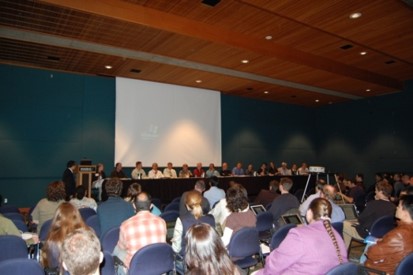



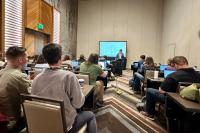
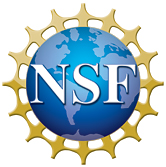
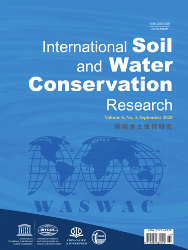
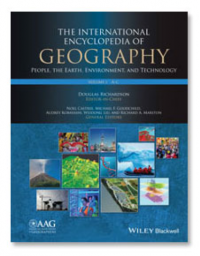
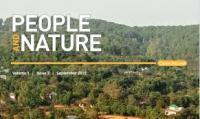
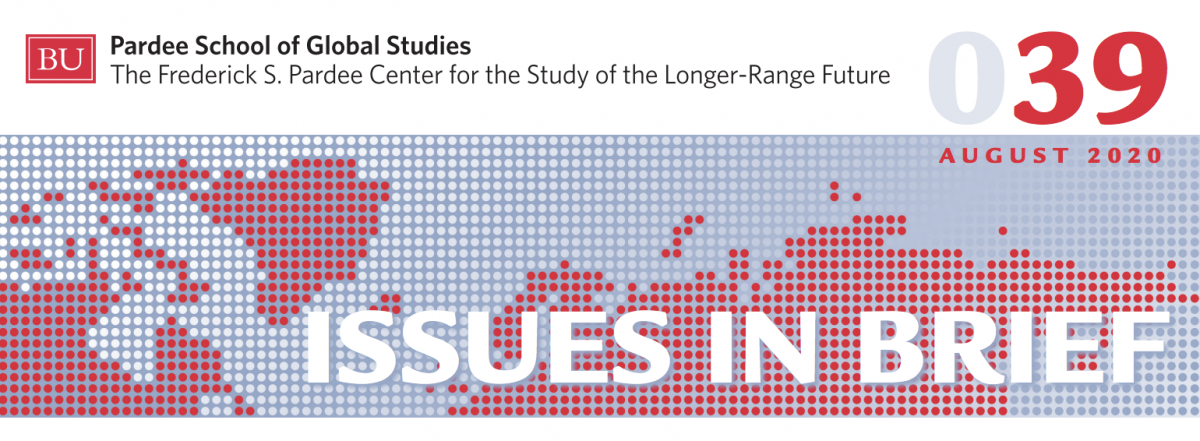 Emily S. Klein and Les Kaufman of Boston University’s Frederick S. Pardee Center for the Study of the Longer-Range Future report on efforts to "put CHANS to work."
Emily S. Klein and Les Kaufman of Boston University’s Frederick S. Pardee Center for the Study of the Longer-Range Future report on efforts to "put CHANS to work."